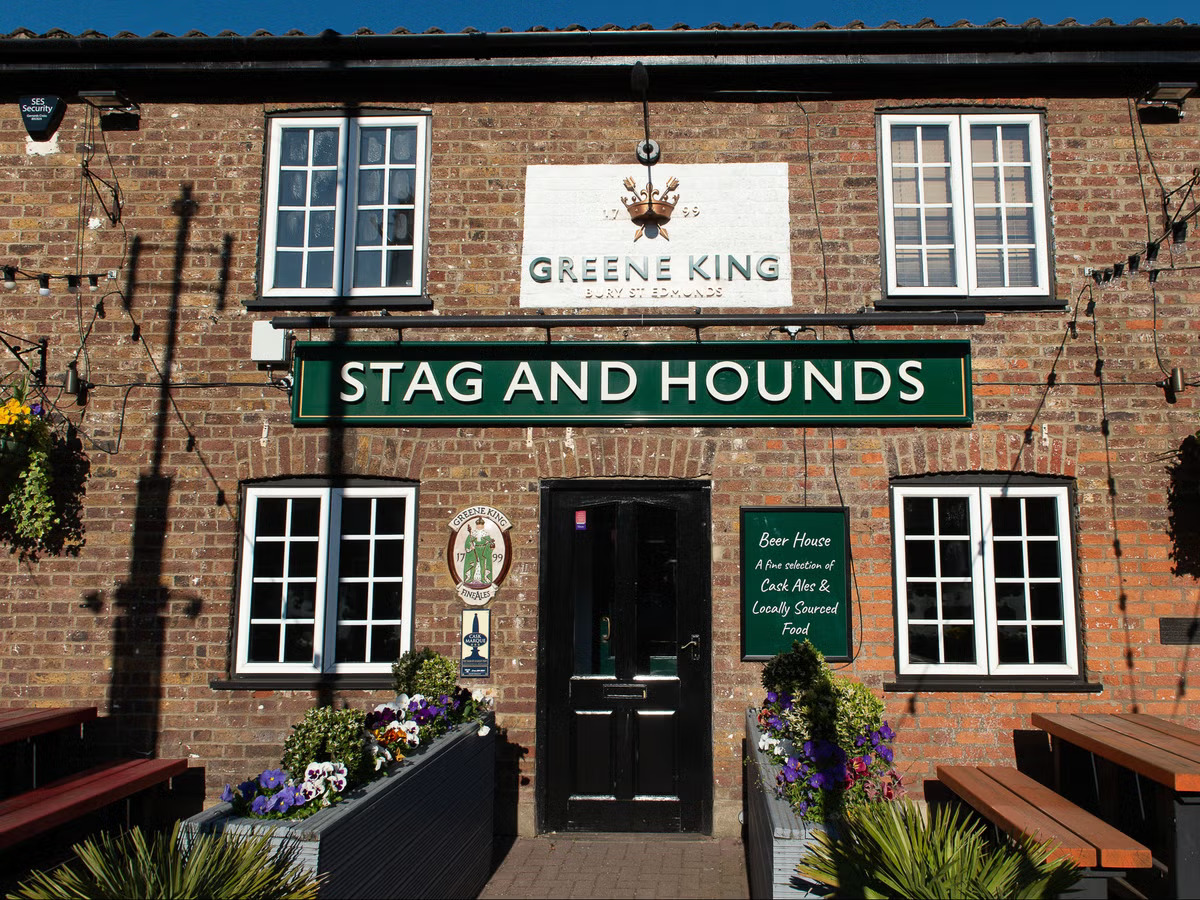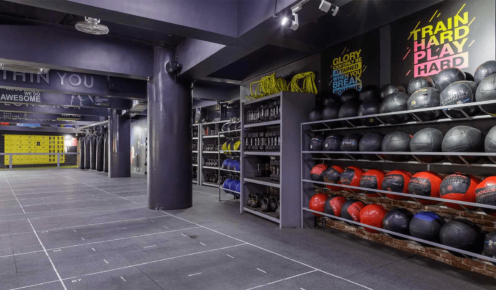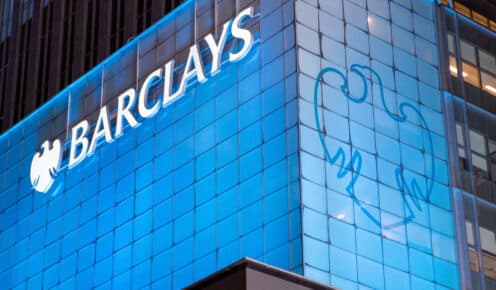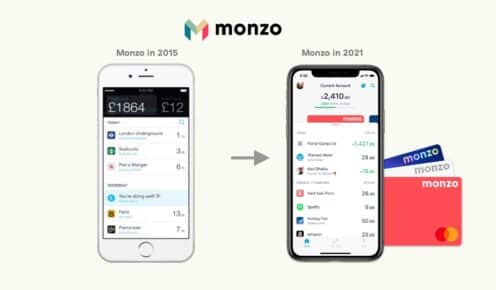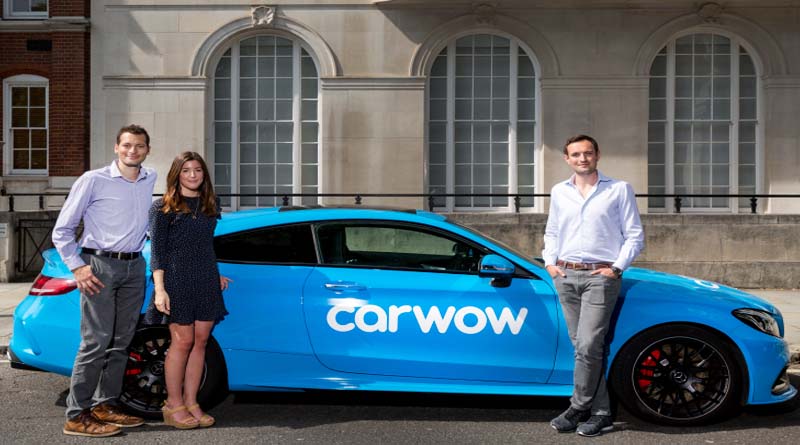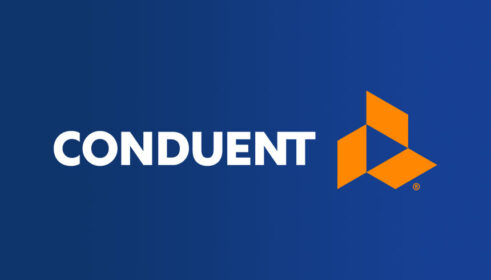Greene King is more than just a name in British brewing and hospitality—it’s a legacy that has shaped pub culture in the UK for over two centuries. Established in 1799 by Benjamin Greene in Bury St Edmunds, Suffolk, Greene King has evolved into a diversified hospitality conglomerate. It’s now one of the most recognized pub operators and brewers in the United Kingdom, known for its extensive network of pubs, its iconic beers, and its commitment to British heritage.
This article explores Greene King’s product offerings, strategic business model, financial structure, funding, revenue streams, and an illustrative case study. It also includes a detailed SWOT analysis to assess the company’s current standing and future prospects.
A Brief History of Greene King
From humble beginnings as a local brewery, Greene King quickly gained prominence in the 19th century. The company expanded both through organic growth and numerous acquisitions, including the notable takeovers of Morland in 2000 (bringing Old Speckled Hen into the portfolio), Belhaven in 2005 (extending its reach in Scotland), and Spirit Pub Company in 2015, which significantly boosted its managed pub estate.
Greene King’s rich heritage is deeply interwoven with British brewing culture. Despite modern challenges and changes in ownership, the brand has remained rooted in tradition while embracing change to cater to evolving customer tastes and global trends.
Key Product Offerings
1. Brewing Division
Greene King’s reputation is built on its beers, many of which are household names in the UK.
- Flagship Beers:
- Greene King IPA – A classic English pale ale, one of the UK’s best-selling cask ales.
- Abbot Ale – Known for its rich flavor and high ABV, it’s a staple among traditional ale lovers.
- Old Speckled Hen – Originally brewed to commemorate the MG car factory’s 50th anniversary, now one of Britain’s most popular premium bottled ales.
- Ruddles County – A rich, malty beer with a dedicated following.
- Seasonal and Craft Ranges:
Greene King continues to innovate with seasonal ales and small-batch craft brews to appeal to changing consumer preferences, especially younger demographics interested in artisan products. - Sustainability in Brewing:
Greene King is also investing in making its brewing processes more sustainable, aiming for net-zero emissions and water conservation in its facilities.
2. Pub and Restaurant Brands
Greene King operates over 2,700 pubs, restaurants, and hotels across the UK, segmented into managed and tenanted divisions. Its hospitality network serves a diverse customer base through distinct brands:
- Managed Pubs and Restaurants:
- Hungry Horse – Family-friendly dining with value meals and casual drinks.
- Chef & Brewer – Traditional pubs in scenic countryside locations offering British classics.
- Farmhouse Inns – Known for carvery meals and home-style dining.
- Greene King Pubs – A mix of community and high-street pubs offering local beers and British pub fare.
- Pub Partners (Leased and Tenanted):
Greene King leases pubs to independent publicans under long-term agreements, offering them support in operations, marketing, and supply.
3. Hotels and Inns
- Greene King Inns: These properties often include historical or countryside inns offering traditional accommodation alongside pub dining. They’re a popular choice for weekend travelers and tourists exploring rural England.
- Room Booking and Hospitality Services: Many locations offer event spaces, function rooms, and holiday packages.
Business Model Overview
Greene King runs a dual-structure business model that combines retail operations with beer production and wholesale distribution.
1. Vertically Integrated Model
By owning both breweries and pubs, Greene King controls the entire supply chain—from production to the final point of sale. This integration ensures better quality control, stronger margins, and brand visibility.
2. Diversification Across Segments
- Managed Operations: Company-owned pubs and restaurants are fully operated by Greene King. These are directly responsible for generating sales from food, beverages, and lodging.
- Leased and Tenanted Model: Through its Pub Partners program, Greene King rents out properties to publicans who run them independently while sourcing products from Greene King. This model reduces operational costs and spreads market risk.
3. Franchise and Wholesale Distribution
The company also supplies beers to other bars, supermarkets, and export markets, diversifying its customer base and revenue streams.
Revenue Model
Greene King earns revenue through a combination of direct retail operations, leasing, and distribution:
1. Food and Drink Sales
The majority of revenue comes from managed pubs, where customers purchase food and drink. Seasonal promotions, events (like sports screenings), and themed menus drive additional traffic.
2. Rent and Royalties
The leased and tenanted estate contributes steady revenue via fixed rents, product supply agreements, and other licensing fees.
3. Wholesale and Retail
Beer sales to supermarkets, convenience stores, and third-party pubs provide an important revenue channel, particularly for popular brands like Old Speckled Hen and Greene King IPA.
4. Accommodation Services
Revenue is generated through room bookings, holiday packages, and events hosted in Greene King Inns.
Funding and Ownership
Acquisition by CK Asset Holdings
In 2019, Greene King was acquired by CK Asset Holdings, a Hong Kong-based multinational conglomerate controlled by billionaire Li Ka-Shing, in a deal worth approximately £4.6 billion.
Key Takeaways:
- CK Asset Holdings saw the acquisition as an opportunity to diversify into UK real estate and stable cash-generating businesses.
- The deal provided Greene King with access to substantial capital for modernisation, expansion, and innovation.
- The acquisition also aligned with CK Holdings’ long-term investment strategy in infrastructure and recurring income businesses.
Since the acquisition, Greene King has operated as a privately held subsidiary, allowing greater strategic flexibility without public market pressures.
Case Study: Greene King’s Role in Community Revival Post-COVID
Background
The COVID-19 pandemic brought UK hospitality to a halt. Pubs and restaurants across the country faced unprecedented closures, job losses, and financial stress.
Initiative: “Pubs as Community Hubs”
Greene King launched a nationwide program aimed at transforming pubs into community centers by offering grants and support for local causes.
- Investment: Up to £3,000 in funding per pub to host community initiatives.
- Examples of Supported Activities:
- Food banks and soup kitchens hosted in pub facilities.
- Mental health support groups.
- Free coffee mornings for the elderly and isolated.
- Employment skill workshops in collaboration with local organizations.
Results
- Over 250 pubs actively participated.
- Helped rebuild trust and strengthen the pub’s role as a central part of local life.
- Boosted footfall and sales for the participating pubs.
- Enhanced Greene King’s public image as a socially responsible business.
SWOT Analysis
Strengths
- Established Brand Equity: Trusted by millions of UK customers, with high recall value and cultural relevance.
- Diverse Portfolio: Large range of brands that appeal to different market segments—from premium diners to casual drinkers.
- Ownership of Supply Chain: Full control over brewing and retail ensures higher margins and consistency.
- Financial Backing: Strong parent company in CK Asset Holdings ensures long-term capital support.
Weaknesses
- UK-Centric Focus: Heavy reliance on the UK market makes it vulnerable to local economic fluctuations and policy changes.
- High Fixed Costs: Owning and maintaining a large estate of pubs and breweries comes with significant operational expenditure.
- Brand Modernization Challenges: Appealing to younger, more health-conscious consumers is a continuous challenge for a heritage brand.
Opportunities
- Global Expansion: With the backing of CK Holdings, Greene King could consider entering international markets—especially in Asia.
- Craft and No-Alcohol Beers: Introducing health-conscious, low-calorie, and alcohol-free options can attract younger drinkers.
- Digital Transformation: Enhancing online bookings, app-based loyalty programs, and delivery options can modernize customer experience.
- Sustainability Leadership: By setting ambitious sustainability goals, Greene King could lead the industry in eco-conscious hospitality.
Threats
- Economic Uncertainty: Inflation, changing taxation, and cost-of-living crises can reduce discretionary spending on dining and drinking out.
- Changing Consumer Behavior: Increase in home entertainment, delivery services, and alcohol-free lifestyles.
- Regulatory Pressures: Pubs are under increasing scrutiny from alcohol and health regulations, including potential restrictions on promotions and advertising.
- Labour Market Issues: Post-Brexit staffing shortages in the UK hospitality industry remain a significant operational challenge.
Conclusion
Greene King represents a powerful blend of tradition, resilience, and forward-thinking strategy in the UK hospitality landscape. Through its vertically integrated model, diversified pub estate, strong brand recognition, and commitment to community welfare, the company has managed to stay relevant even in times of disruption.
With its acquisition by CK Asset Holdings, Greene King has access to fresh capital and strategic direction that could help expand its presence beyond the UK while modernising its offerings. Its next challenge will be navigating the shifting preferences of modern consumers—while staying true to its roots in British pub culture.

